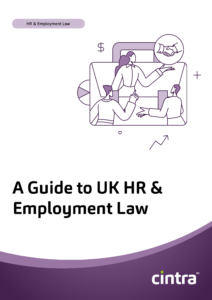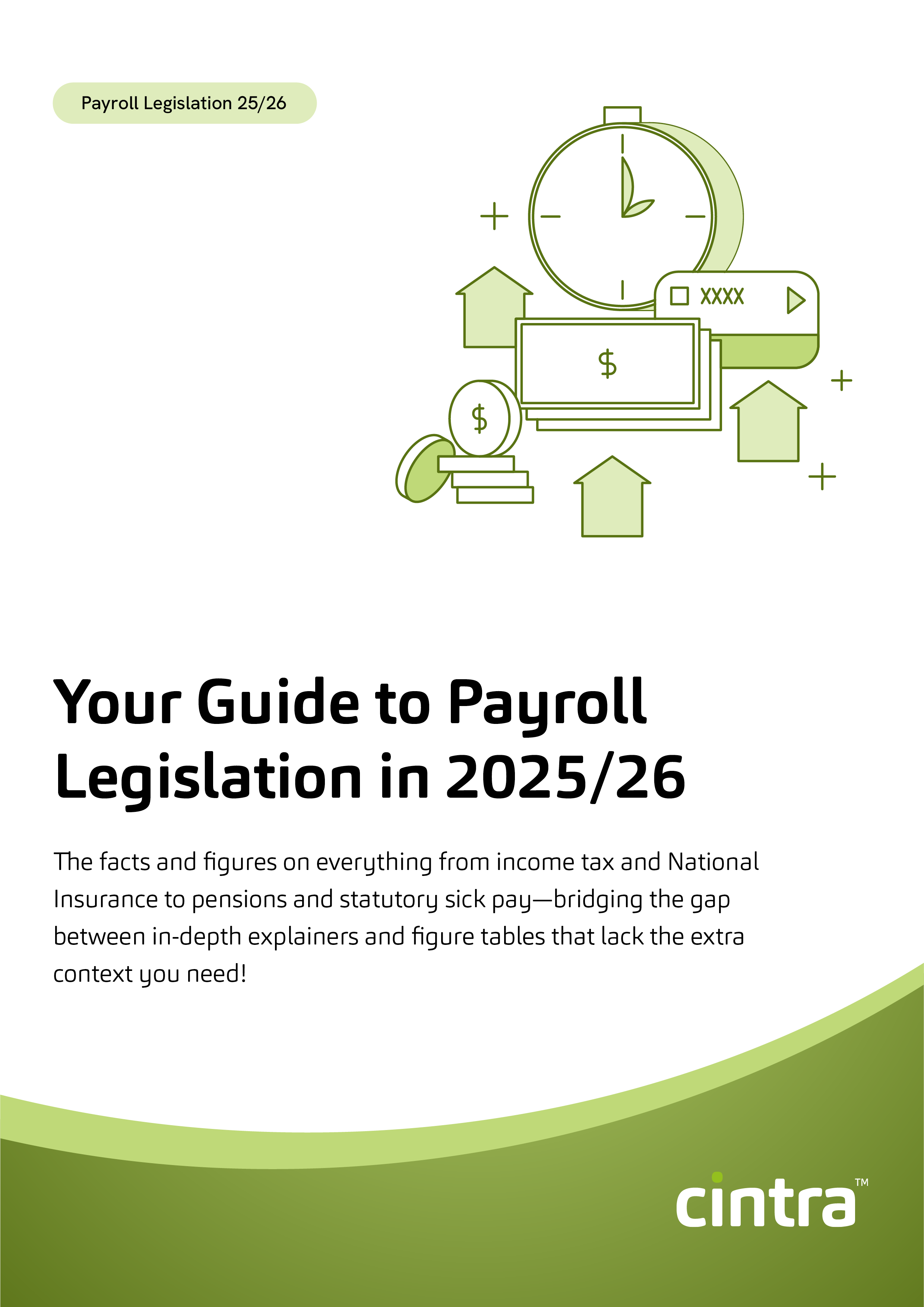We all get sick sometimes, that’s why we have sick leave in the UK!
It’s important to know your rights when it comes to sick leave—how to request it and what pay you’re entitled to if you suddenly fall ill.
Let’s look at how sick leave works as per UK statutory leave regulations.
What is statutory sick leave in the UK?
In the UK, employees have a right to time off work when they’re ill. There’s no statutory sick leave entitlement, but some organisations might include days you can take off as paid or unpaid in your contract, so it’s important to check this.
What is long-term sick leave in the UK?
Long-term sick leave in the UK generally refers to being off work due to illness for more than four weeks in a row.
If you’re in this situation, you might be entitled to Statutory Sick Pay (SSP) for up to 28 weeks, and some employers offer additional sick pay as part of their policies.
You’ll likely need a fit note from a doctor to confirm your condition. If you’re off for a long time, you and your employer might discuss a phased return to work or reasonable adjustments to help you get back.
Fit notes
If you’re going to be off ill for more than 7 days, then you’ll need to give your employer proof of sickness or a fit note. Your 7 days will include any non-working days such as weekends or bank holidays.
Your sick note will read either ‘not fit for work’ or ‘may be fit for work.’
If it says you ‘may be fit for work,’ you’ll need to talk to your employer to see if any adjustments can help you return (like changing your duties or working from home). If you can’t agree on a solution, your employer has to treat you as ‘not fit for work.’
You can get a fit note from any of the following healthcare professionals:
- GP or hospital doctor
- Registered nurse
- Occupational therapist
- Pharmacist
- Physiotherapist
Allied Health Professional health and work report
Your employer might accept a document called an Allied Health Professional (AHP) health and work report instead of a fit note when you’re taking sick leave. However, this document can’t be used to apply for employment and support allowance.
Any of the following professionals can provide this:
- Art Therapist
- Dramatherapist
- Chiropodist
- Dietitian
- Music therapist
- Occupational therapist
- Operating Department Practitioner
- Orthoptist
- Osteopath
- Orthotist
- Paramedic
- Physiotherapist
- Podiatrist
- Prosthetist
- Radiographer
- Speech and language therapist
Statutory sick pay
If you’re on sick leave, you can get SSP as long as you meet the eligibility criteria:
- You’re classed as an employee of the business
- You earn an average of £125 per week (as of 2025/26)
- You have been ill for at least 4 calendar days in a row (including non-working days)
This will be paid by your employer for up to 28 weeks per year. SSP commences after the first 3 days that you’re off sick. You would only be eligible for SSP for the first three days if you received SSP within the last 8 weeks, and that already included a 3-day waiting period before you were paid SSP.
The SSP rates
The SSP rates are updated most years so it’s important to check the current rates on the government website.
Here are the SSP rates for 2025/26:
| Unrounded daily rates | Number of qualifying days in a week |
|---|---|
| £16.9642 | 7 |
| £19.7916 | 6 |
| £23.75 | 5 |
| £29.6875 | 4 |
| £39.5833 | 3 |
| £59.375 | 2 |
| £118.75 | 1 |
How to make a request for sick leave
If you need to take sick leave in the UK, just let your employer know as soon as possible—ideally before your usual start time.
Every workplace has its own rules, so check your contract or staff handbook to see how they want you to report it. If you’re off for seven days or less, you can usually self-certify, meaning you just explain why you’re off when you return.
If you’re off for longer, you’ll need a fit note from a doctor.
Get the latest HR updates, straight to your inbox
Get the latest HR insights and best practice guides, direct to your inbox.
Sick leave FAQ’s
Can you go on holiday whilst on sick leave?
You’re entitled to go on holiday whilst you’re on long term sick leave, but you’ll need to inform your employer so that they can adjust your payment accordingly. There’s no compulsion to classify this time as holiday – so the choice is yours. You can’t however take time off work as ‘sick leave’ to specifically go on holiday.
Can I leave the house when off work sick?
Of course! There’s no requirement to stay home just because you’re off work sick, even if you’re feeling too unwell to work – life goes on and sometimes things need to get done.
It would be important to consider what would be acceptable reasons to go out whilst off sick. For example, if you’re off work with a sickness bug, it might not be the best idea for a trip to the pub and this could result in a conversation with your employer when you return to work. But if you’re off work for mental health reasons or stress then it’s totally acceptable to continue engaging in your normal activities such as going out, seeing friends and family, shopping etc.
How many days sick leave per year am I entitled to?
There’s no legal number of sick days which an employee is entitled to in the UK. Employers might set their own number of days, but this information must be provided to employees.
Can you be made redundant while on sick leave?
You can be made redundant while on sick leave; however, you can’t be made redundant because you’re sick. Redundancy decisions need to be based on the needs of the business. If an employer is going to make your role redundant whilst on sick leave, they still need to follow the usual redundancy process including a consultation meeting.
Can you be fired whilst on long-term sick leave?
The short answer is yes, but there are conditions. As a last resort an employer can dismiss an employee who is on long-term sick if there’s no possibility that the employee can return to work. Employers must consider if an employee can return to work with certain changes such as working part time or flexibly or doing a different role. They also need to consult with the employee about whether they can return to work and if their health will improve.
Do employees accrue holiday on sick leave?
Employees in the UK are still entitled to accrue their statutory holiday entitlements whilst on sick leave, no matter how long they’re off for. Any holiday entitlement not used due to illness can also be carried over to the next leave year. If an employee falls sick before or during their holiday they’re allowed to use sick leave instead and gain back those holiday days.
Do you still have questions around sick leave?
If you want to know more about paid sick leave in the UK, you can speak directly to one of our experienced HR consultants —they’re always happy to help.

HR & Employment Law Guide
Grab your accessible summary of guidance and insights about where HR practices meet employment law.
Download your buyers guide


